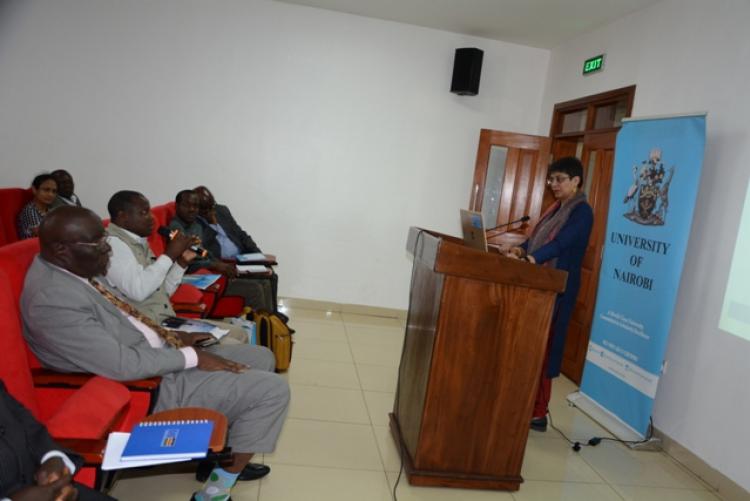Severe land conflicts arose in India since the mid-1980s over land acquisition for public sector infrastructure projects. These conflicts escalated in the late 1990s when private sector acquisition accelerated - India’s new ‘land wars’.
Issues such as vagueness about what constitutes ‘public purpose’; widespread misuse of the ‘urgency’ clause for land acquisition, extremely narrow definition of ‘project-affected families’ – most of the affected people were left out of the ambit of any safety nets , serious undervaluation of acquired land and other immovable assets; compensation was inadequate to buy new land elsewhere , Inordinate delays in payment of compensation; non-transparent procedures, little or no public consultation/ participation; poor grievance redress mechanisms were characteristic of the Land Acquisition Act of 1894.
In 2013, the LARR was reviewed and included an improvement in terms of intent as well as procedures , it specified a long list of types of activities that constitute ‘public purpose’; restricted ‘urgency’ clause only to projects involving national defense, widened the definition of project-affected persons to include those who lose their primary livelihoods, raised compensation price for acquired land (four times the value of the average of registered sale deeds in rural areas, and two times in urban areas) , made it compulsory to provide resettlement and rehabilitation measures (housing units, infrastructure, alternative employment or annuity), specified clear timelines for payment of compensation; provided for interest payment in case of delay, provided for conducting Social Impact Assessment (SIA) to determine a project’s impact on people’s livelihoods, emphasized on transparency at all stages of land acquisition, and free, prior and informed consent of the affected people, specified grievance redress mechanisms at different levels (project, state and national); lays down penalties for non-compliance.
Prof. Asmita concluded by emphasizing the lessons learnt from LARR: evidence-backed lawmaking and reforms are required , all available evidence shows that ‘success stories’ of resettlement are few and far between, while learning from ‘best practices’ from around the world, local context will need to be kept central, National safeguard laws should be legally actionable, law-making is inherently political.

